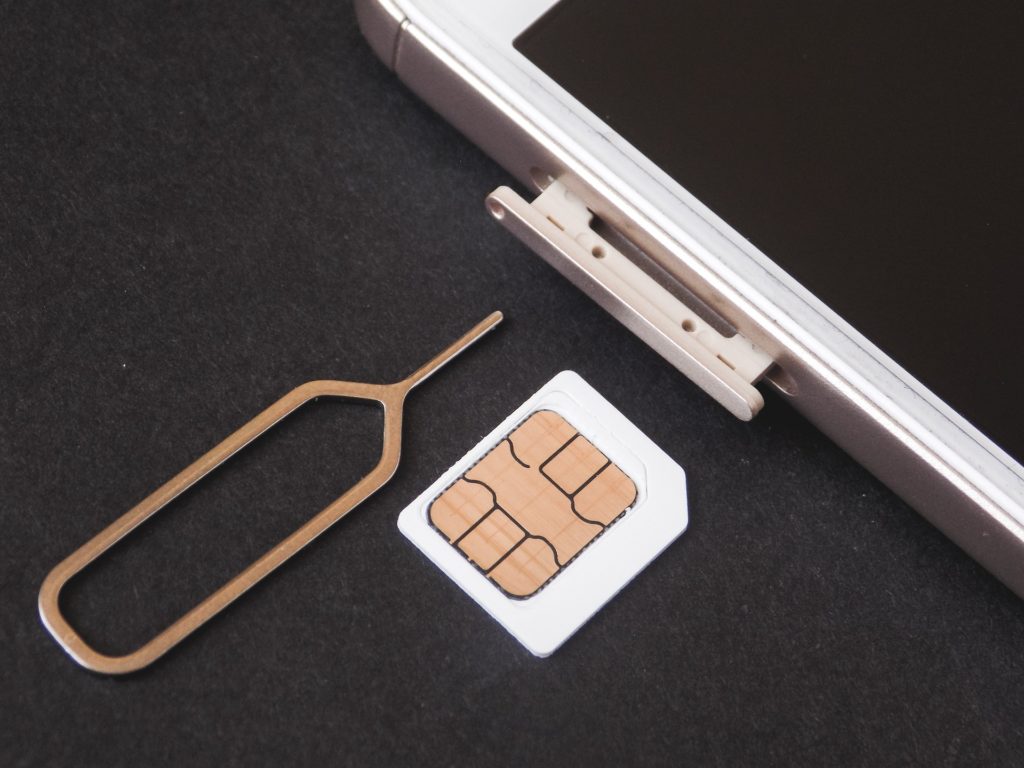
In an increasingly interconnected world, the Internet of Things (IoT) has transformed the way businesses operate, allowing for greater automation, efficiency, and connectivity. Central to the functioning of IoT devices are SIM cards specifically designed for IoT applications. However, with the proliferation of IoT devices comes the need for robust security measures to safeguard sensitive data and protect against potential threats. In this comprehensive guide, we will explore the importance of security measures for IoT SIM cards and provide actionable strategies for businesses to manage IoT SIM card connectivity while ensuring data security.
Table of Contents
Understanding IoT SIM Cards and Their Security Implications
Before delving into security measures, it’s essential to understand the role of IoT SIM cards and the potential security implications they pose. IoT SIM cards, also known as M2M (Machine-to-Machine) SIM cards, are specialized SIM cards designed for use in IoT devices. These SIM cards enable communication between IoT devices and backend systems, facilitating data transfer over cellular networks.
While IoT SIM cards offer numerous benefits, including seamless connectivity and remote management capabilities, they also present security challenges. Given their role in transmitting sensitive data, IoT SIM cards are susceptible to various security threats, including:
Unauthorized Access: Hackers may attempt to gain unauthorized access to IoT devices by exploiting vulnerabilities in IoT SIM cards, potentially compromising sensitive data or gaining control over connected devices.
Data Breaches: Insecure IoT SIM cards can serve as entry points for data breaches, allowing attackers to intercept and steal confidential information transmitted between IoT devices and backend systems.
Denial of Service (DoS) Attacks: Attackers may target IoT SIM cards with Denial of Service (DoS) attacks, disrupting communication between IoT devices and backend systems and causing service outages.
Security Measures for Safeguarding IoT SIM Cards
To mitigate the risks associated with IoT SIM cards and safeguard sensitive data in connected devices, businesses can implement the following security measures:
1. Implement Strong Authentication Mechanisms
Require strong authentication mechanisms, such as two-factor authentication (2FA) or certificate-based authentication, to verify the identity of IoT devices and ensure that only authorized devices can access IoT SIM cards and transmit data.
2. Encrypt Data Transmission
Encrypt data transmission between IoT devices and backend systems using secure encryption protocols, such as SSL/TLS, to protect data in transit from interception or eavesdropping by unauthorized parties.
3. Secure Device Management
Implement robust device management practices to securely provision, configure, and manage IoT devices and SIM cards throughout their lifecycle. Utilize secure boot mechanisms, device attestation, and over-the-air (OTA) updates to ensure the integrity and security of IoT devices.
4. Enforce Access Controls and Permissions
Enforce access controls and permissions to restrict access to IoT SIM cards and backend systems based on the principle of least privilege. Implement role-based access control (RBAC) to ensure that only authorized users have access to sensitive data and critical system resources.
5. Monitor and Analyze Network Traffic
Deploy network monitoring and intrusion detection systems (IDS) to continuously monitor network traffic and detect suspicious activities or anomalies indicative of security threats. Implement real-time alerting and response mechanisms to mitigate security incidents promptly.

Ensuring Secure Connectivity for IoT Devices
In conclusion, securing IoT SIM cards is essential for safeguarding sensitive data and protecting against potential security threats in connected devices. By implementing robust security measures, including strong authentication, data encryption, secure device management, access controls, and network monitoring, businesses can enhance the security posture of their IoT deployments and mitigate the risk of data breaches or unauthorized access. As IoT adoption continues to grow, prioritizing security measures for IoT SIM cards is critical to building trust, ensuring compliance with regulatory requirements, and safeguarding the integrity and confidentiality of data transmitted over IoT networks.

